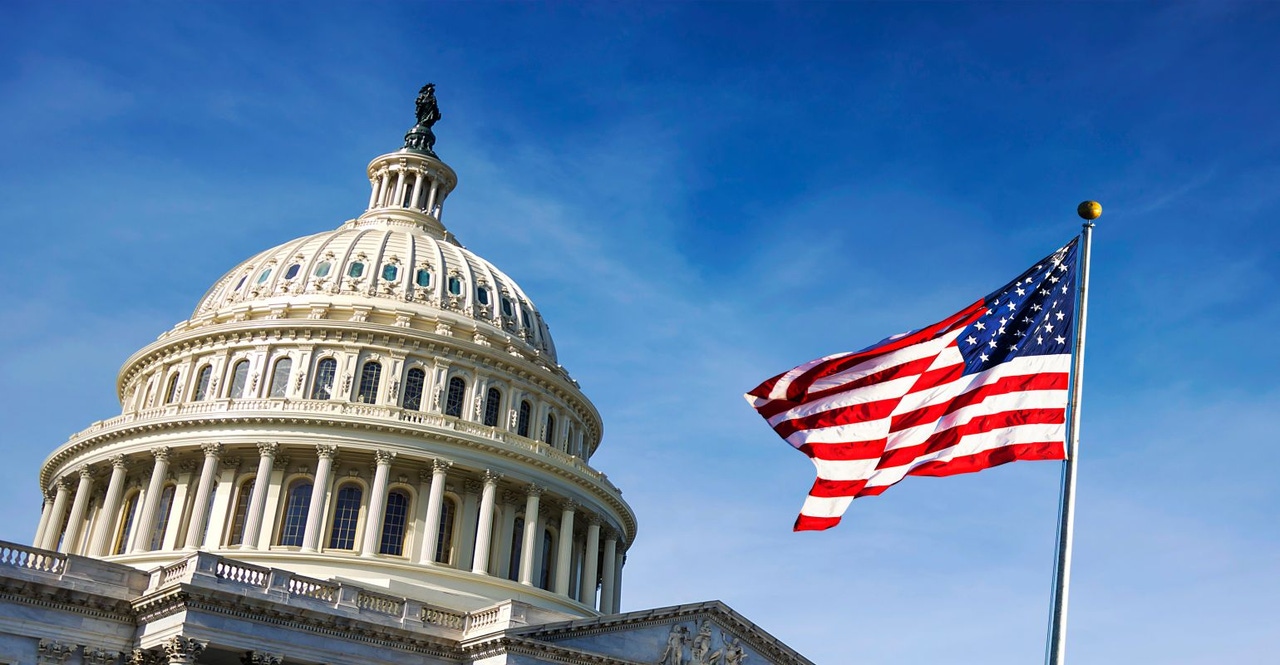Industry remembers Bill Richardson’s role in foundation of modern supplement marketplace
Former New Mexico Gov. Bill Richardson, who passed away on Sept. 1, is remembered for his role in the foundation of the dietary supplement industry.

Dietary supplement stakeholders are memorializing the key role the late Bill Richardson played in the foundation of the industry. Richardson, who died on Sept. 1, was a U.S. representative for New Mexico at the time the Dietary Supplement Health and Education Act (DSHEA) became law in 1994.
In addition to his time in the House, Richardson served two terms as the state’s governor.
Richardson was also the Secretary of Energy and the United States’ Ambassador to the United Nations during the Clinton presidency. And he was noted for his back-channel negotiation efforts on behalf of Americans held against their will overseas.
Richardson’s talent for diplomacy benefited the nascent dietary supplement industry in the early 1990s. The industry had powerful foes at the time, including then-Rep. Henry Waxman, Democrat from California.
Richardson cooperated with the late U.S. Sen. Orrin Hatch (R-Utah) on several efforts that benefited both the industry and consumers.
Richardson active on supplement issues early on
For example, Richardson and Hatch pressured the Food and Drug Administration to allow folic acid supplements to make claims about the prevention of neural tube defects. FDA at the time was resisting the notion that supplements could have the same effects as foods fortified with folic acid.
Research done in the UK had shown that prenatal multivitamin products fortified with folic acid had reduced the incidence of neural tube defects in newborns by as much as 72%. As a result of Richardson’s and Hatch’s effort, thousands of potential cases of spina bifida were avoided in the U.S.
Richardson followed that effort with his sponsorship of DSHEA, which was signed into law on Oct. 15, 1994. This is widely regarded as having created the modern dietary supplement industry.
While DSHEA is most often remembered as a collaboration between Hatch and then-Sen. Tom Harkin (D-Iowa), the joint sponsor in the Senate, stakeholders say it shouldn’t be forgotten that Richardson’s support was crucial for its passage.
Israelsen: Richardson exposed to supplement ideas in Santa Fe
Loren Israelsen, president of the United Natural Products Alliance (UNPA), who was a key industry stakeholder in the DSHEA negotiations, said Richardson was the first Democrat in the House to support the bill. His support came as part of a mandate Israelsen had been given by Hatch.
“The goal we were given by Sen. Hatch was to find someone in the House with enough gravitas to co-introduce the bill in the House on the same day as it was introduced in the Senate,” Israelsen told Natural Products Insider in a telephone interview.
Israelsen said he had met with Richardson in his office in Santa Fe. What has been forgotten in the years since, Israelsen said, is that Santa Fe had a thriving Sikh community from which natural products in the Ayurvedic mode were being developed.
The Yogi Tea brand is a surviving example. Richardson was keen on maintaining consumer access to those kinds of products, particularly botanicals.
“I flew down to Santa Fe with a long PowerPoint to make the case for his support,” Israelsen said. “I got to page two, and he said, ‘I’m in. I don’t need to see the rest.’”
UNPA note: A lesson about bipartisan support
A UNPA note to its members made the case that Richardson’s efforts showed what can be done with effective bipartisan and bicameral support.
“He helped lay the groundwork for many years of strong bipartisan support in Congress for dietary supplement issues,” wrote UNPA senior political advisors Patricia Knight and Peter Reinecke, who worked on DSHEA as staff members for Hatch and Harkin, respectively.
They described Richardson’s passing as “a great moment to remember how important it is for us to build allies in Congress who understand our issues and can fight to advance our work to provide consumers with dietary supplements that can do so much to improve their healthy lifestyles.”
CRN: Richardson’s work helped make sure that Americans can have access to supplements
The Council for Responsible Nutrition (CRN) added its own laurels to Richardson’s legacy.
“Gov. Richardson’s support of thoughtful, forward-looking regulation ultimately made the people of this country healthier,” CRN President and CEO Steve Mister said in a statement posted on Sept. 5. “And today, the three out of four Americans who use dietary supplements, and our industry, owe him a great debt of gratitude.”
Richardson “recognized early that consumers wanted assurance they would be able to make decisions about their own healthcare and have access to products that could maintain and improve their health,” Mister added. “Working with his congressional colleagues, Senators Orrin Hatch and Tom Harkin, he adeptly maneuvered the legislation through various obstacles in the House of Representatives to final passage.”
About the Author
You May Also Like

